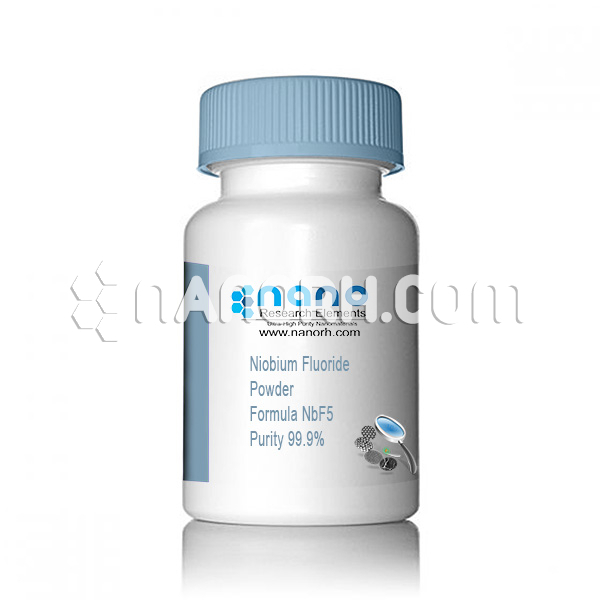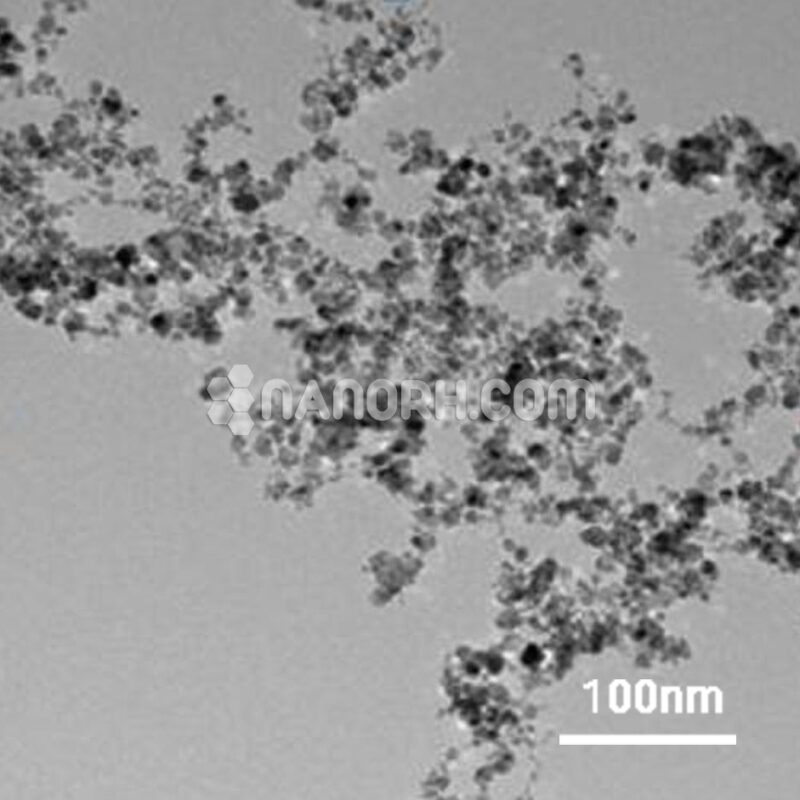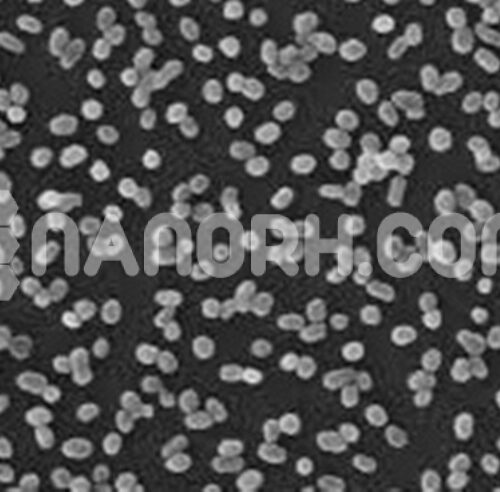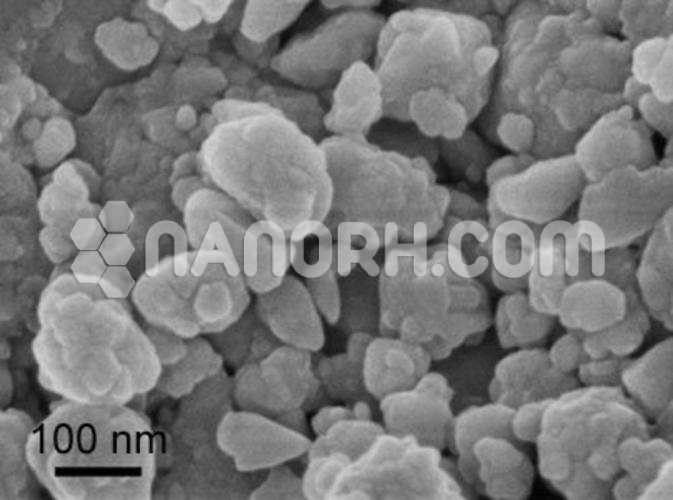| Niobium Fluoride Powder | |
| Product No | NRE-11199 |
| CAS | 7783-68-8 |
| Purity | 99.9% |
| Formula | NbF5 |
| APS | <40 µm (can be customized) |
| Color | White |
| Molecular Weight | 187.9 g/mol |
| Density | 3.293 g/cm3 |
| Melting Point | 72 to 73 °C |
| Boiling Point | 236 °C |
Niobium Fluoride Powder
Niobium fluoride powder, specifically niobium pentafluoride (NbF5), is a chemical compound that has several important applications in various fields. Some of the key applications of niobium fluoride powder include:
Catalysis: Niobium fluoride powder can act as a catalyst in various chemical reactions. It is particularly useful in certain fluorination reactions due to its ability to transfer fluorine atoms to organic compounds.
Electronics: Niobium fluoride is used in the production of certain types of electronic devices and components. It can be used as a precursor in the production of thin films and coatings with specific electronic properties, making it useful in the manufacturing of semiconductors and other electronic components.
Optical Coatings: Niobium fluoride powder is used in the production of optical coatings and thin films. These coatings are used to enhance the performance of optical components, such as lenses, mirrors, and filters, by controlling the reflection and transmission of light.
Superconductors: Niobium fluoride is sometimes utilized in the fabrication of superconducting materials, including certain types of superconducting wires and cables. These materials find applications in various fields, including medical imaging, energy transmission, and scientific research.
Chemical Vapor Deposition (CVD): Niobium fluoride can be used as a precursor in chemical vapor deposition processes for the production of thin films. CVD is a technique used to create thin films and coatings on various substrates, and niobium fluoride can serve as a suitable precursor in this process.
Materials Science Research: Niobium fluoride is used in materials science research for various experimental purposes, such as studying its chemical and physical properties, as well as its behavior under different conditions. Researchers utilize niobium fluoride to explore its potential applications and to develop new materials and technologies.




